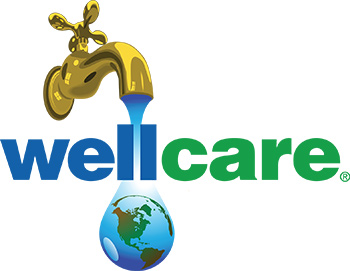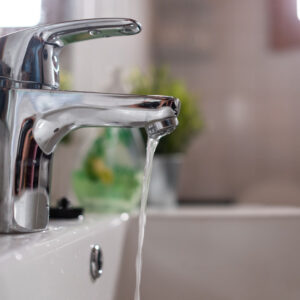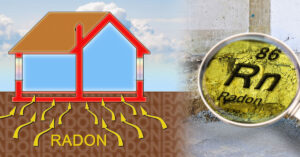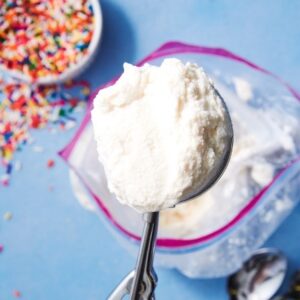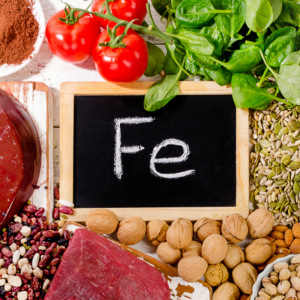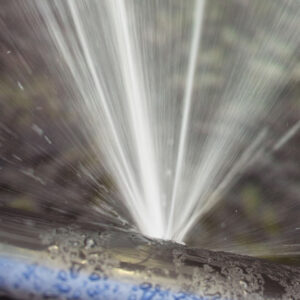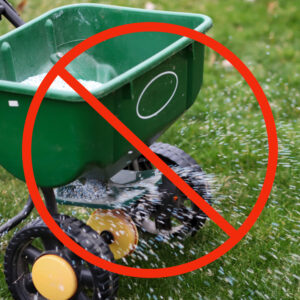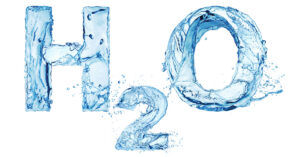 Testing your water is the only way to ensure your water quality is safe for you and your family. Remember that you are solely responsible for the quality of your drinking water. It is up to you to decide when and how to test your water. We have recommendations!
Testing your water is the only way to ensure your water quality is safe for you and your family. Remember that you are solely responsible for the quality of your drinking water. It is up to you to decide when and how to test your water. We have recommendations!
Recommended Testing
At a minimum, your water should be tested every year for bacteria, anything of local concern, or any contaminants that you are monitoring from previous test results.
Testing more than once a year may be warranted in special circumstances:
- Someone in your household is pregnant or nursing
- There are unexplained illnesses in the family
- Your neighbors find a dangerous contaminant in their water
- You note a change in the taste, odor, color, or clarity of the water
- There is a spill of chemicals or fuels into or near your well
If you have a situation that is mentioned above, follow the comprehensive testing recommendations below or call the wellcare® Hotline at 888-395-1033 for assistance on what to test for.
Comprehensive Testing
If you have noticed a change in your water or you have not tested it in several years, do a comprehensive test to find out if there are any contaminants of concern. Even if there is no contaminant found, this will give you a baseline that you can compare to in the future.
Finding a Testing Lab
You can view lists of certified water testing laboratories for each U.S. state and Canadian province by using our interactive map.
**Water testing discounts are available for those impacted by the Ohio derailment and all wellcare® Well Owners Network members. Please contact us for details at info@wellcarehotline.org or 888.395.1033.**
For more tips, see our brochure on Well Water Testing.
